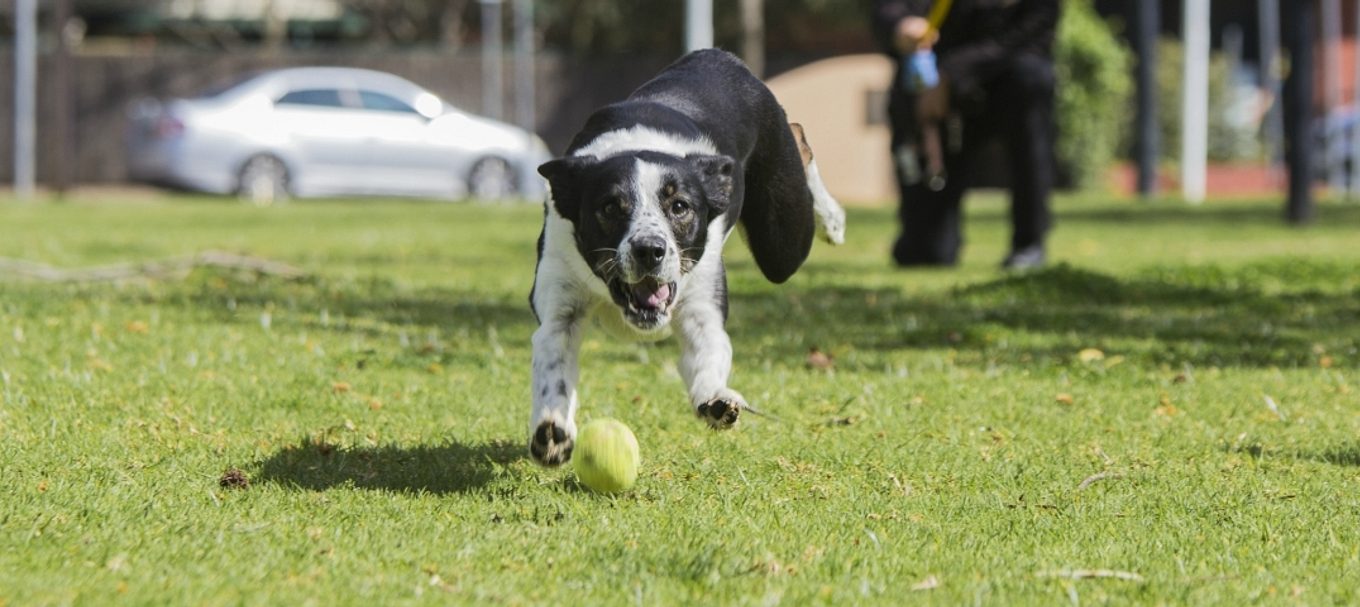
Your guide to South Australia’s new dog and cat desexing laws
06 Mar. 2019 2 min read
Did you know that any puppies and kittens born after 1 July last year need to be desexed?
It’s all part of a host of legislative changes rolled out in South Australia to help reduce the number of cats and dogs ending up in shelters.
Here's what it means for you and your pet:
New desexing laws
Desexing is compulsory in SA for all dogs and cats born after 1 July 2018. Cats and dogs have to be desexed by the age of six months, or within 28 days of when you take possession of a new animal.
The new desexing law is aimed at reducing the number of unwanted dogs and cats that end up in shelters every year.
It does not apply to dogs and cats born before 1 July 2018, and exemptions are available for working dogs, registered racing greyhounds and animals belonging to breeders registered with the Dog and Cat Management Board.
What will it mean for your pup?
When adopting a new dog or cat, owners should be aware of the costs involved, including for health checks, food and desexing.
Desexing your dog or cat is the socially responsible thing to do. On top of reducing unwanted litters, it helps control your pets urge to wander, increases the likelihood of your pet enjoying a longer and happier life, and means cheaper council registration for dogs.
Any registered vet can desex a dog or cat, but if you are thinking of getting a new pet, why not adopt from a shelter?
Shelters like the Animal Welfare League and RSPCA already desex and microchip all their dogs and cats before they are adopted, making it even easier for you to bring a new furry friend home.
What’s next for pets?
The new desexing law is one of many changes made in SA to ensure the welfare of our dogs, cats and other companion animals.
The changes are the most significant to our companion animal management laws in more than 20 years.
If you’re interested in learning more, check out our recent blogs about breeding standards in SA, the benefits for landlords of having pet-friendly rental properties, and how you can secure one as a tenant.
Local councils are responsible for dog and cat management within their communities. For further information or assistance, please contact your local council.
This story was originally posted in February 2018 and has now been updated.





